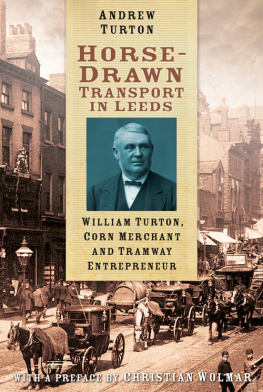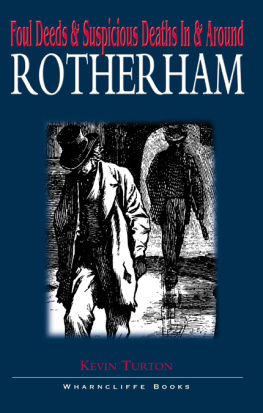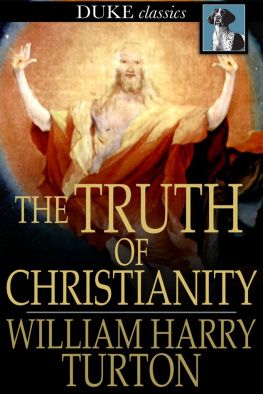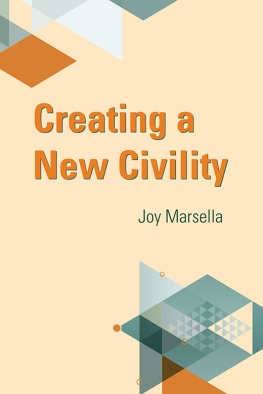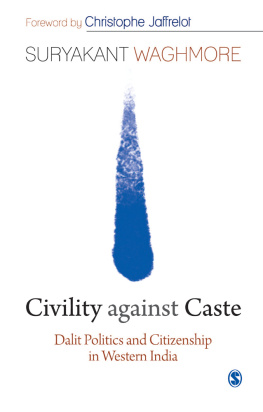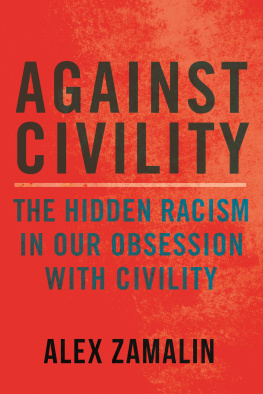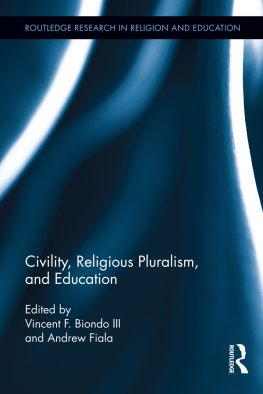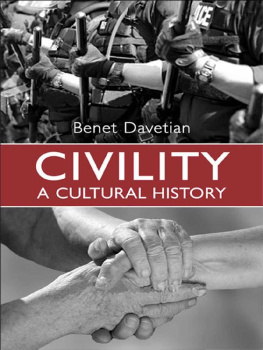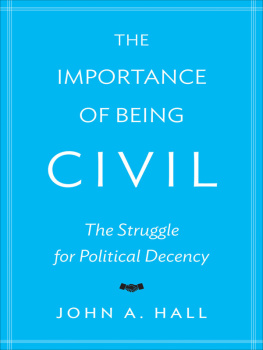First Published in 2000
by Curzon Press
Richmond, Surrey
http://www.curzonpress.co.uk
Editorial Matter 2000 Andrew Turton
All rights reserved. No part of this book may be reprinted or reproduced or utilised in any form or by any electronic, mechanical, or other means, now known or hereafter invented, including photocopying and recording, or in any information storage or retrieval system, without permission in writing from the publishers.
British Library Cataloguing in Publication Data
A catalogue record of this book is available from the British Library
Library of Congress Cataloguing in Publication Data
A catalogue record for this book has been requested
ISBN 0700711732
Preface and Acknowledgements
This book has grown from initial contributions and discussions at the 5th International Conference on Thai Studies. Nearly half the chapters have been written since then, and all have benefited from a further round of reflection and editing by the authors. The contributors comprise a great many of the most well-known scholars in ethnographic and historical studies of peoples of the Tai speaking region of mainland South East Asia. The chapters build on intensive scholarship over many years and many also strike out in new directions. The collective endeavour was made all the more exciting by the involvement of a large number scholars either from the Tai region, or living and working in the neighbouring Asian region, together with scholars from Europe and the USA.
This volume is already sufficiently framed not to need a lengthy Introduction. My own first chapter partly serves this function as do the section introductions which I have written. I am immensely grateful to Nicholas Tapp who has provided a postscript that reflects on the project as a whole, and its implications for Thai studies, Tai studies, and other regional studies. He brings to bear his role as informal rapporteur of the original discussions and his considerable experience in the region in its widest sense, to emphasise our purpose to enlarge thinking about the Tai speaking region and overcome some of the intellectual and political limitations of essentialist, and in the end often racialising consequences of some arguably the predominant style of previous scholarship and its influence on public policies and attitudes. At the same we are concerned to recognise the important contributions of distinguished predecessors in this field. It is terribly difficult to mention these without offence to any who may be omitted but I would especially like to refer to the work other than that of the authors of this volume of certain regional scholars who have influenced my own work: Charles Archaimbault, Jit Phumisak, Georges Condominas, E.R. Leach, and F.K. Lehman. I would also like to mention the pioneering scholarship of many Thai scholars most of them not academics of earlier generations whose work deserves critical, and appreciative appraisal, among whom I will only mention Phya Anuman Rajadhon and Sanguan Chottisukharat both of whom I had the privilege to meet personally.
At the 1993 conference at SOAS, London, there was a large attendance at the two minority sessions as they were colloquially called: Minorities within Tai/Thai political systems: historical and theoretical perspectives and Minorities policy and practice in the Tai speaking region. Among those who took a prominent part then who are not represented here I would particularly like to thank Georges Condominas, Gehan Wijeyewardene, Craig Reynolds, Ananda Rajah, and other participants in the two panels: Amara Pongsapich, Jean Berlie, Scott Bamber, Chupinit Kesmanee, He Shengda, Shih-chung Hsieh, Jean Michaud, Jan Ovesen, Srisak Vallibhotama, Nguyen Duy Thieu, Ing-Britt Trankell, and all the many other colleagues who joined in. We missed the company of Jacques Lemoine who was to have attended but was prevented at the last minute. As convenor I take full responsibility for the absence of other scholars who should have been invited or more assiduously and generously encouraged; these include especially Hjorliefur Jonsson and F.K. Lehman.
I would like to express my deep appreciation to all contributors to this book for their patience, and my hope that they as well as our readers will both enjoy what follows and be generous in forgiving the Editors inevitable errors of fact or judgement.
There are many people who have contributed their time, professional skills, and personal support to producing this book: SOAS colleagues Rachel Harrison, Manas Chitakasem, Ian Brown and Irene Cummings; Catherine Lawrence SOAS cartographer who prepared the maps so professionally, and so as to include just about every place name referred to in the text; Nicholas Tapp for personal encouragement, advice and assistance of every sort with editing, and scholarly conversation; Henry Ginsburg of the British Library Department of Ancient Books and Manuscripts, Jonathan Price of Curzon Press, and Muang Boran Publishing House for permission to reproduce our cover image and others.
I would finally like to thank members of my family for more than they know they have given me: Joan Turton, Antonia Benedek, Polly Benedek Turton, Clio Benedek Turton.
Andrew Turton
List of Contributors
Leo Alting von Geusau is Senior Researcher of the South East Asian Mountain Peoples Culture and Development Research Documentation and Information services in Thailand (SEAMP-CD-RDI) linked with SEAMP International Foundation, Netherlands. He is also Vice-Chair of the International Hani/Akha Culture Studies Committee, UNESCO Expert, and consultant regarding ethnic minorities in the region. He has carried out extensive research among the Akha in Northern Thailand since 1977 and has extended this to Southern China, Northern Laos and Eastern Burma since 1993. Together with Deuleu Dzoebaw, his spouse and her Akha family, he has been at the origin of several minority NGOs. The best known of his many articles on Akha culture and minority problems is Dialectics of Akhazang in Highlanders of Thailand (John McKinnon and Wanat Bhruksasri eds. OUP, 1981).
Katherine Bowie is Associate Professor of Anthropology and Southeast Asian Studies at the University of Wisconsin-Madison. She first travelled to Thailand in 1974 where she initially worked as a freelance journalist. Since then she has carried out extensive field research (totalling over 8 years) primarily in northern Thailand. Her work has focused broadly on issues regarding the political economy of peasant society. Her books include Rituals of national loyalty: an anthropology of the state and the Village Scout movement in Thailand




